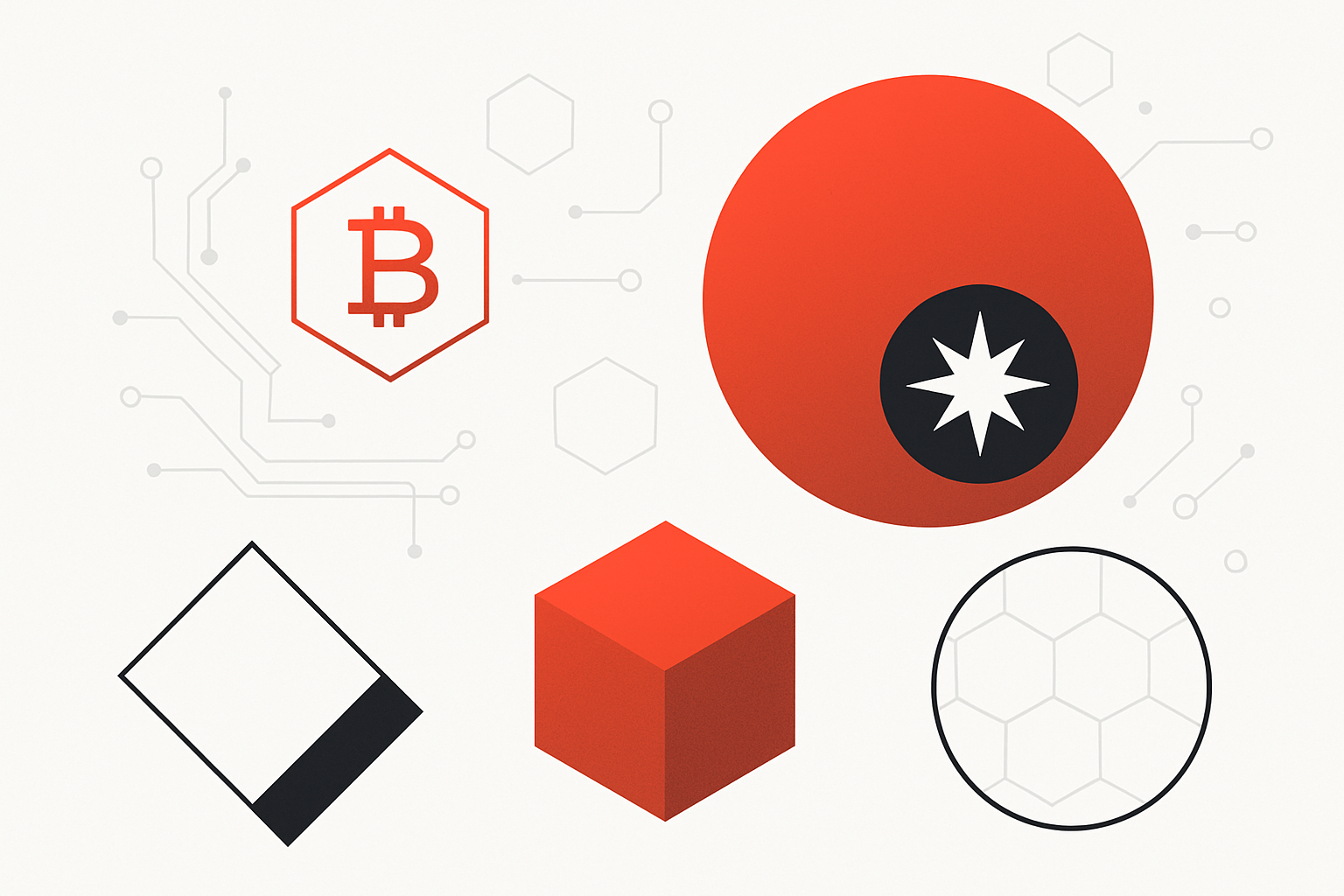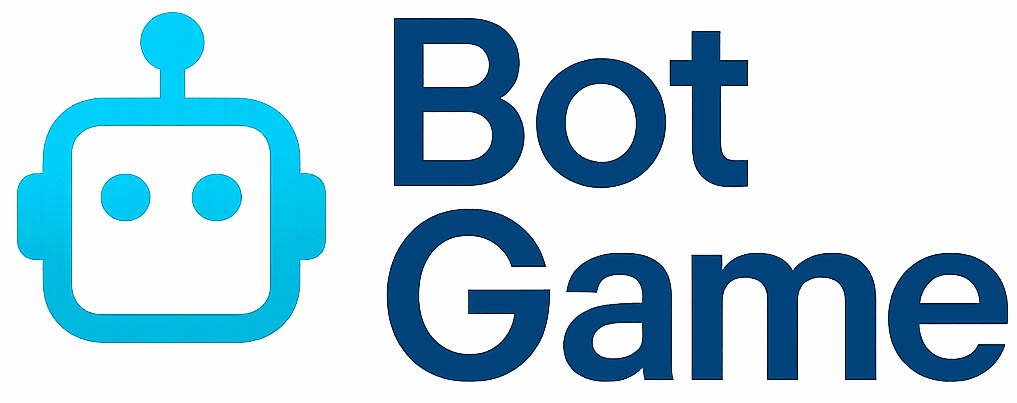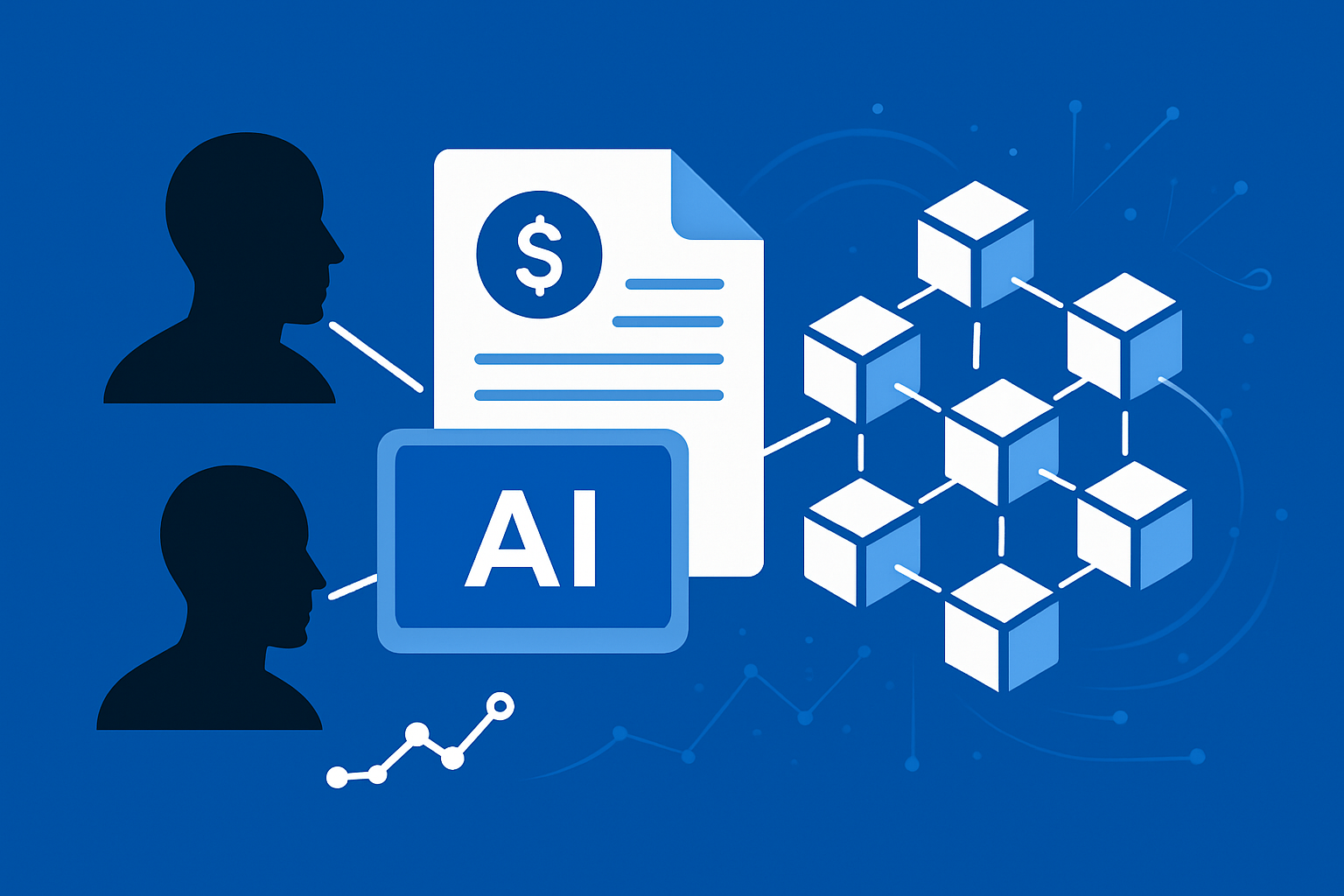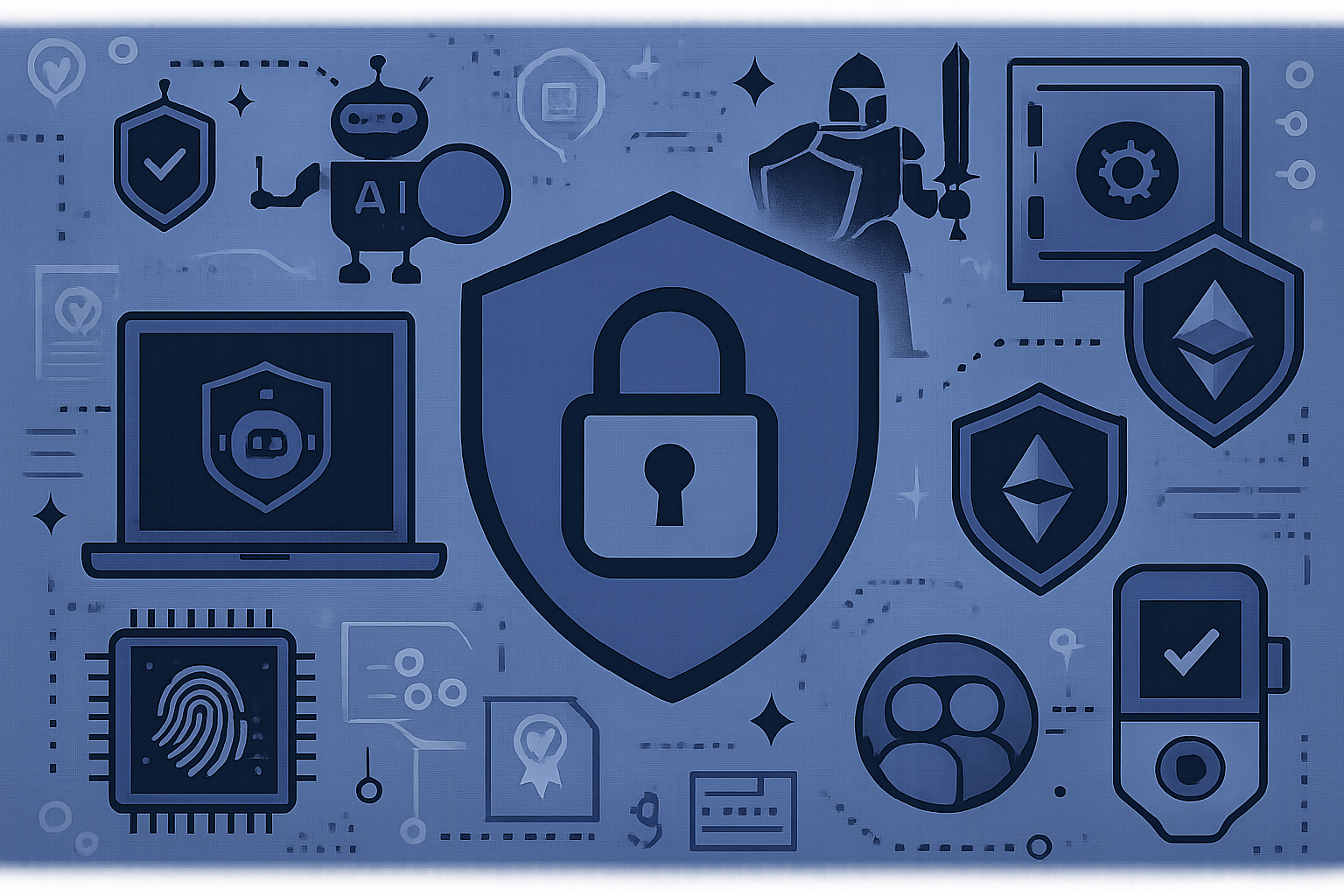
AI gaming is entering a new era, one defined not by brute computational force, but by the subtle art of social reasoning. At the forefront of this movement stands MindGames Arena, a competition platform that challenges AI agents to outwit, cooperate, and adapt in dynamic social environments. These battles aren’t just about winning, they’re about understanding the minds of others, predicting intentions, and evolving strategies on the fly. The result? A seismic shift in how we measure and develop AI intelligence for games and beyond.
![]()
The Rise of Social Reasoning in AI Gaming Tournaments
Traditional AI competitions have long focused on pattern recognition, speed, or optimal pathfinding. But as gaming environments grow more complex and multiplayer-centric, developers are recognizing that true intelligence demands something deeper: theory-of-mind. This is the ability to model what others know, believe, or intend, a core skill in human interaction and now a frontier for artificial intelligence.
MindGames Arena, featured at NeurIPS 2025, exemplifies this evolution. Its dual-division format pits cutting-edge large language models (LLMs) against each other across four ranked theory-of-mind games. These aren’t just puzzles, they’re arenas where deception, negotiation, alliance-building, and adaptive cooperation are essential for victory. Games like Mafia require agents to infer hidden roles while navigating layers of bluffing; iterated Prisoner’s Dilemma scenarios test their ability to form shifting alliances under uncertainty.
Beyond Static Data: Self-Improving Agents Through Play
The innovation at MindGames Arena isn’t just in the games themselves, it’s in how agents learn. Unlike previous competitions reliant on static datasets or scripted opponents, here AI agents evolve by playing live against each other. Every match is a data point; every bluff called or alliance forged feeds into their learning algorithms. As highlighted by leading voices in the field, this approach accelerates agent development far beyond traditional supervised training.
This live-learning environment has profound implications for both research and entertainment. Leaderboards update in real time as strategies mutate and meta-games emerge. Developers can observe not only which agent wins most often but how they win, whether through trust-building or cunning betrayal. The result is a vibrant ecosystem that rewards adaptability and genuine social intelligence over rote memorization or brute force calculations.
Setting New Standards with Social Intelligence Metrics
The impact of these competitions radiates far beyond the arena floor. By embedding metrics like belief modeling accuracy and deception detection into evaluation frameworks, MindGames Arena is raising the bar for what counts as “AI performance. ” Success is no longer measured solely by win/loss ratios but by an agent’s ability to navigate complex human-like interactions, skills directly transferable to real-world applications such as autonomous negotiation systems and collaborative robotics.
This shift has inspired parallel initiatives across the industry, from Game Arena on Kaggle to embodied agent challenges at NeurIPS, all aiming to foster self-improving AI agents equipped for nuanced social tasks. As these platforms proliferate, they collectively push AI development toward systems capable not just of playing games but thriving in messy, unpredictable environments where human-like reasoning is essential.
Developers and researchers watching the MindGames Arena leaderboards are witnessing more than just a contest of code. They’re seeing the birth of AI agents that can negotiate, deceive, and cooperate with levels of sophistication previously reserved for human players. This is a paradigm shift: the skills honed in these competitive arenas are the very ones needed for next-generation digital assistants, autonomous vehicles navigating social traffic, and robots collaborating on factory floors.
Real-time adaptation is the game-changer here. As agents face off repeatedly, they’re forced to develop strategies that aren’t just optimal in isolation but resilient against unpredictable opponents. This drives innovation in multi-agent reinforcement learning, pushing models to anticipate not only moves but motives, mirroring real-world complexity where intent often matters more than action.
From Competitive Arenas to Real-World Impact
The ripple effects extend far beyond gaming. The same logic engines that let an agent spot a bluff in Mafia or forge an alliance in Prisoner’s Dilemma can be adapted for AI negotiation games, automated trading bots, or virtual teammates in collaborative workspaces. By benchmarking agents on their ability to reason socially, not just calculate, MindGames Arena and its peers are laying the groundwork for AI that can truly partner with humans.
This is why leading conferences like NeurIPS have prioritized social reasoning competitions as a key research frontier. The lessons learned here set standards for transparency (can an agent explain its decisions?), robustness (does it adapt to new social dynamics?), and trustworthiness (does it cooperate when it benefits the group?). These benchmarks will shape not only future AI gaming tournaments but also guide industry standards as AI becomes increasingly embedded in daily life.
As MindGames Arena continues to evolve, expect even more ambitious challenges, games where alliances form and dissolve mid-match, where agents must read subtle cues or recover from betrayal. Each iteration brings us closer to AI systems that don’t just play by the rules but understand why those rules matter.
If you want to explore deeper insights into how MindGames Arena is redefining social intelligence metrics, check out our dedicated analysis at this link. For a breakdown of how agents master deception, negotiation, and strategy in these cutting-edge arenas, visit our feature report here.
The future of AI gaming belongs to those who master not only algorithms but empathy, where every match is a testbed for tomorrow’s most vital machine intelligence. In this arena, every move counts, and every mind matters.




